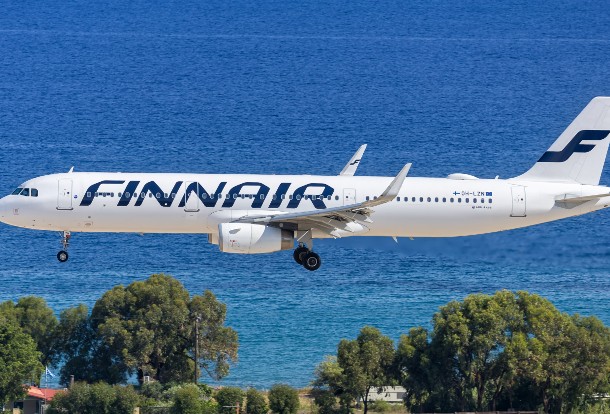
Recently, an employee identified as Xiao C at a private company took to social media to complain about being booked into a noisy, poorly maintained RMB 100-per-night hotel during a business trip to Beijing, sparking widespread discussion.
According to her account, the company not only slashed accommodation standards to RMB 140 (about USD 20) per night but also provided no meal allowance—a stark contrast to her previous employer’s policy of "GreenTree Inn hotels + RMB 120(about USD 17) daily meal subsidy."
Even more perplexing, the company’s official travel policy set the accommodation limit for tier-one cities at RMB 210 (about USD 29), yet this was not honored in practice.
Industry expert Mr. J noted that such cases reflect how some companies are undermining employee rights under the banner of "cost reduction and efficiency improvements."
The 2025 Q2 China Business Travel Market Trend Insights Report by TravelDaily revealed that over 86% of Travel Management Companies (TMCs) face clients demanding tighter budget controls, with nearly half reducing travel budgets by 30%-50%. One major tech firm even deployed an AI-powered auditing system to scrutinize employee travel expenses, fueling debates over whether such measures represent smart budgeting or outright exploitation.
"Service fees in the industry have dropped below profitability," said Mr. A, a TMC executive. He explained that as clients face deteriorating business conditions, business travel demand has plunged, with some companies recording zero trips for two months.
The report shows that over 40% of TMCs are grappling with pricing pressure and shrinking orders, with cutthroat competition now the industry norm. Client financial health (impact score: 4.12/5) has become the biggest constraint on industry growth, far outweighing factors like AI adoption (2.56/5).
The market is now split: domestic business travel saw a significant rebound in Q2 2025, while international travel grew only modestly. Experts warn that as companies pursue cost-cutting by favoring low-cost services, prolonged disregard for employee experience may accelerate talent loss. Striking a balance between cost control with employee welfare is now a pressing issue for corporate leaders.




